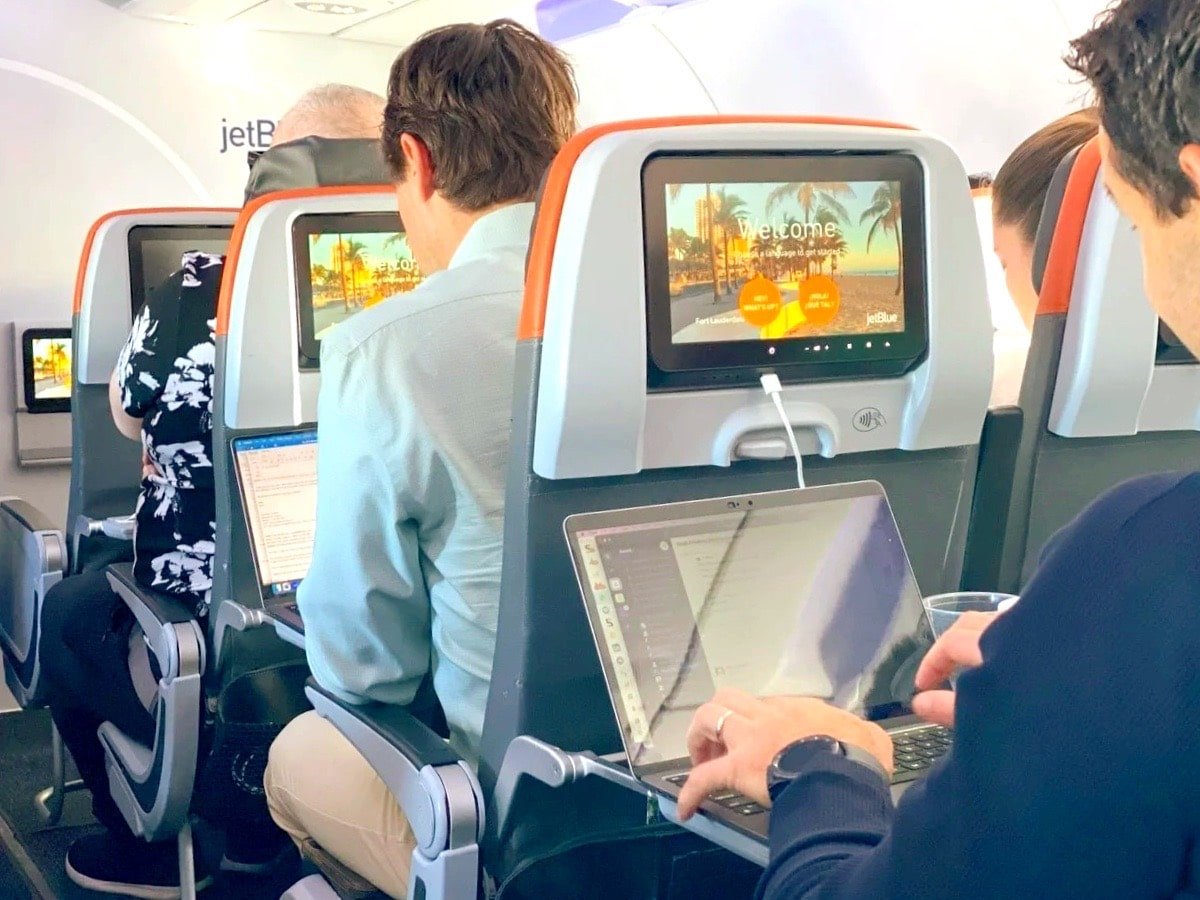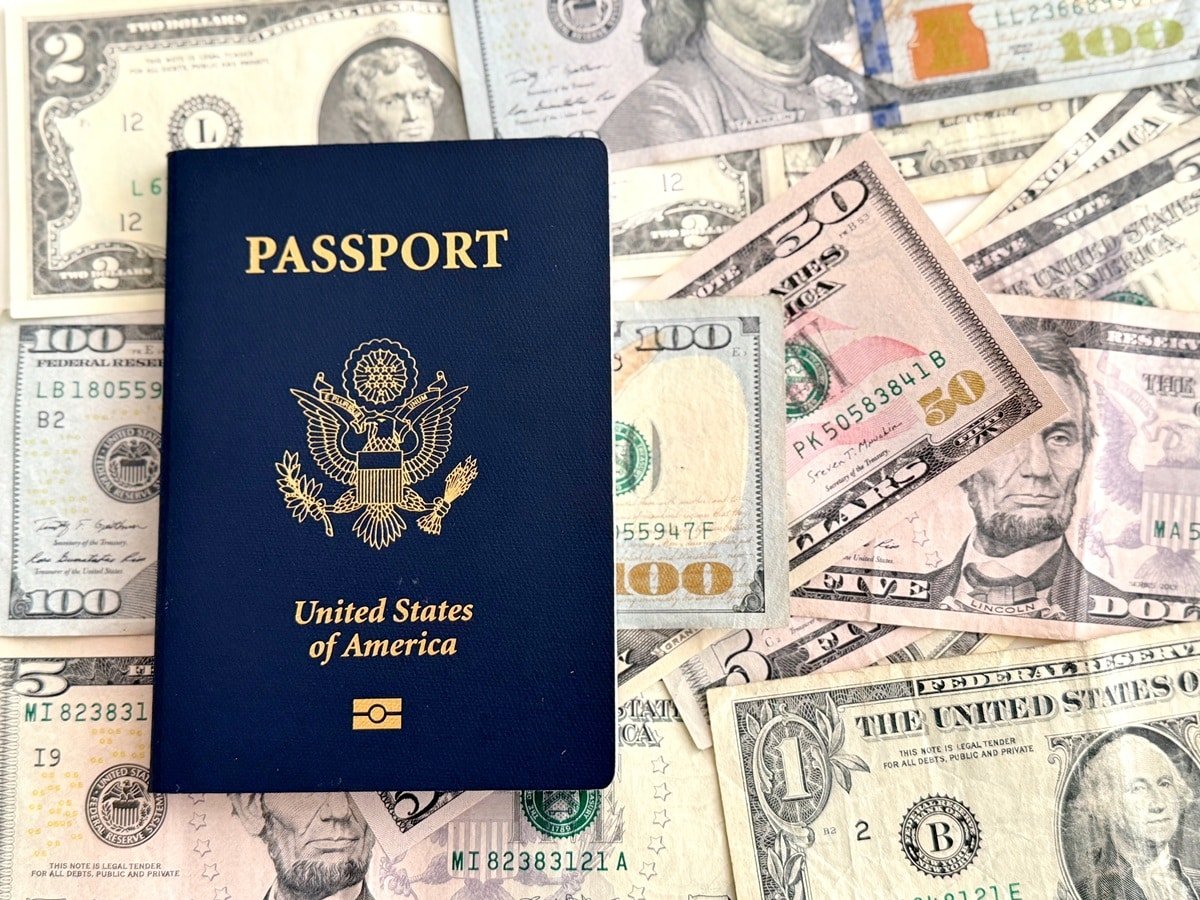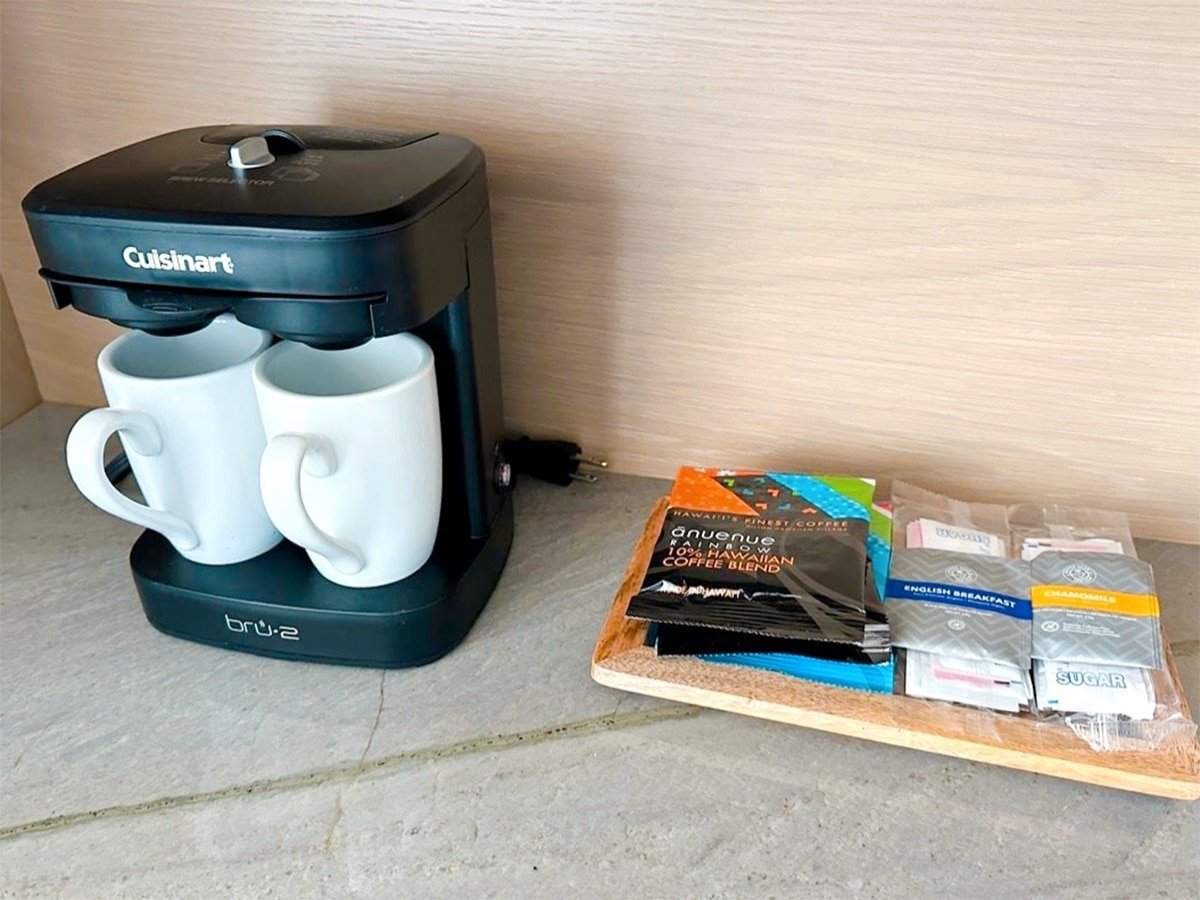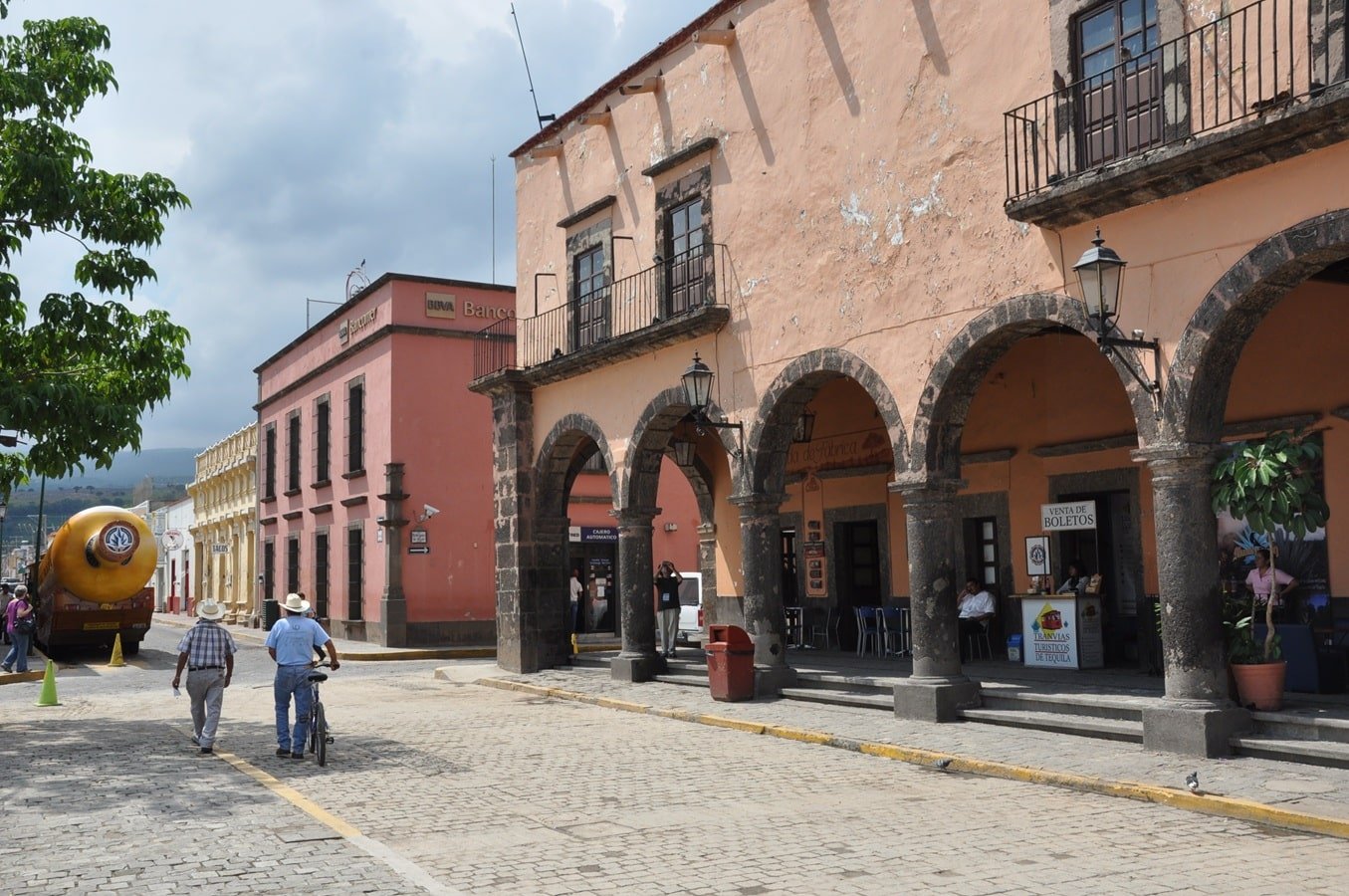Traveling is exciting but it can also be stressful when there’s so many scams can pop up anywhere from airport lounges to vacation rentals. Unfortunately, I’ve had my share of experiences both in and out of the US and have learned the hard way why vigilance matters.
 A few years ago, my Bank of America account got hacked while I was visiting NYC. I suspect it happened over the Wi-Fi on the plane or at the hotel but I’m not certain. I should have used a VPN, which was a big mistake because it took months to get everything back on track.
A few years ago, my Bank of America account got hacked while I was visiting NYC. I suspect it happened over the Wi-Fi on the plane or at the hotel but I’m not certain. I should have used a VPN, which was a big mistake because it took months to get everything back on track.
I’ve also been hacked at home after falling for a scam to be a guest on a podcast (long story but you can read about it here). And years ago in Budapest, Hungary, I got tricked in a completely different way. I was with friends and some local girls invited us to a bar. The fees were astronomical and they were in on it but they acted so convincingly that we didn’t realize at first. They even put in some of their own money to help pay. My friend suspected it was a scam so we staked out the bar the next night and sure enough, the same girls were targeting other tourists. We warned them before they lost money.
Bank of America is doing their best to try and keep their customers money safe by sharing scams that are trending and what you should be on the lookout for.
1. Watch Out for “Expedited Travel” Scams
Some scammers pose as officials offering to speed up your travel benefits for a fee. Don’t fall for pressure tactics. Only use official websites and verified channels.
2. Protect Your Devices on Public Wi-Fi
Airports hotels and cafes are hotspots for cybercriminals. Stick to networks you trust like your cellular data. When charging your devices use the power outlet rather than the USB port to avoid malware. A VPN is a smart extra layer of protection.
3. Avoid Rental Scams
Nothing ruins a trip like arriving at a rental that doesn’t exist or has been double booked. Research listings carefully. Vague descriptions watermarked photos suspiciously low prices or pressure to pay via wire transfer or gift cards are red flags.
4. Buy Tickets Safely
Scammers love selling fake concert event or attraction tickets. Only use verified resale platforms and official sites. If it sounds too good to be true it probably is.
5. Spot Imposters
Scammers may pose as authorities delivery services or even romantic interests. They often try to rush you into providing personal info or money. Pause and double-check before acting.
6. What to Do if You’re Scammed
Even the savviest travelers can fall victim including Rick Steves. Take action right away
- Report it to your bank and payment providers
- Change passwords and enable two factor authentication
- Place a fraud alert or freeze on your credit through Experian TransUnion and Equifax
- Share your experience with friends or family and access resources like BBB Scam Survival Toolkit or AARP Fraud Support
Quick Tips to Keep Your Money Safe
- Never move or withdraw money at a stranger’s request
- Avoid unfamiliar links apps or attachments
- Run virus scans and keep devices secure
- Verify any request for money through official sources
- Travel smart stay vigilant and enjoy your journey without worrying about scammers trying to hijack your adventure. Learning from your mistakes can save you and others a lot of trouble.



